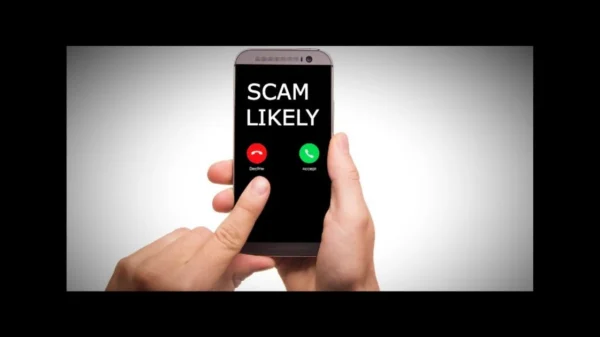With this week marking the beginning of summer and as Floridians start turning down the thermostat, Florida Attorney General Ashley Moody warned about HVAC scams.
Moody released “Scams at a Glance: Keep Your Cool” on Tuesday. This new resource is full of information to help Floridians spot and avoid scams while trying to repair, replace or service air conditioning units.
“Floridians, especially our seniors, could not endure the hot Florida summer without air conditioning. So, when an HVAC unit malfunctions, they rush to have their units fixed. Bad actors may attempt to take advantage of the situation to sell unneeded repairs—or entire new systems. To help Floridians avoid these schemes, I am releasing Scams at a Glance: Keep Your Cool. This new resource is full of information to help consumers avoid common scams associated with AC repair,” Moody said.
“Scams at a Glance: Keep Your Cool” outlines several common air-conditioning related schemes, such as:
Replacing Functional Parts: Claiming that HVAC parts need to be replaced when nothing is wrong—often quoting high prices for part replacements in an attempt to steer customers to purchase a new HVAC system as a better option;
Selling Unnecessary Amounts of Refrigerant: Tricking consumers into buying more than is necessary to maintain a system, even hitting victims with this scam multiple times when the company is called to fix the next problem with the same AC unit;
Recharge Scam: Saying that a refrigerant recharge is a solution to AC problems. This is a ploy to sell an unneeded service—know that AC does not need to be recharged;
Starting Work Too Soon: Starting to perform work before consumers understand or have agreed to terms of a contract. Sometimes one technician will distract the consumer while another technician removes or dismantles the AC unit; and
Too-Good-to-Be-True Prices: Offering repairs or quotes at incredibly low prices, or throwing in “freebies.” Companies could be cutting corners to deliver on the too-good-to-be-true prices, creating cause for further repairs and expenses.
The resource also highlights general tips to avoid being fooled by scammers:
Become familiar with how HVAC systems operate, making it harder for a scammer to take advantage of lack of know-how;
Obtain second opinions on repairs and sales quotes to ensure the first offer is not a scam;
Be wary of high-pressure sales tactics; and
Insist on a written agreement.
Last September, Moody secured nearly half a million dollars following the shutdown of an HVAC scheme run by 10 companies that targeted Floridians. The companies allegedly operated a bait-and-switch air-conditioning scheme by luring consumers with advertisements for extremely low-cost services. Then, once in consumers’ homes, the companies refused to provide the low-cost services, claiming that the air ducts were contaminated or contained dangerous mold without conducting proper testing. The judgment secured $490,000, with most of the money going back to victims of the deceptive practices.





















